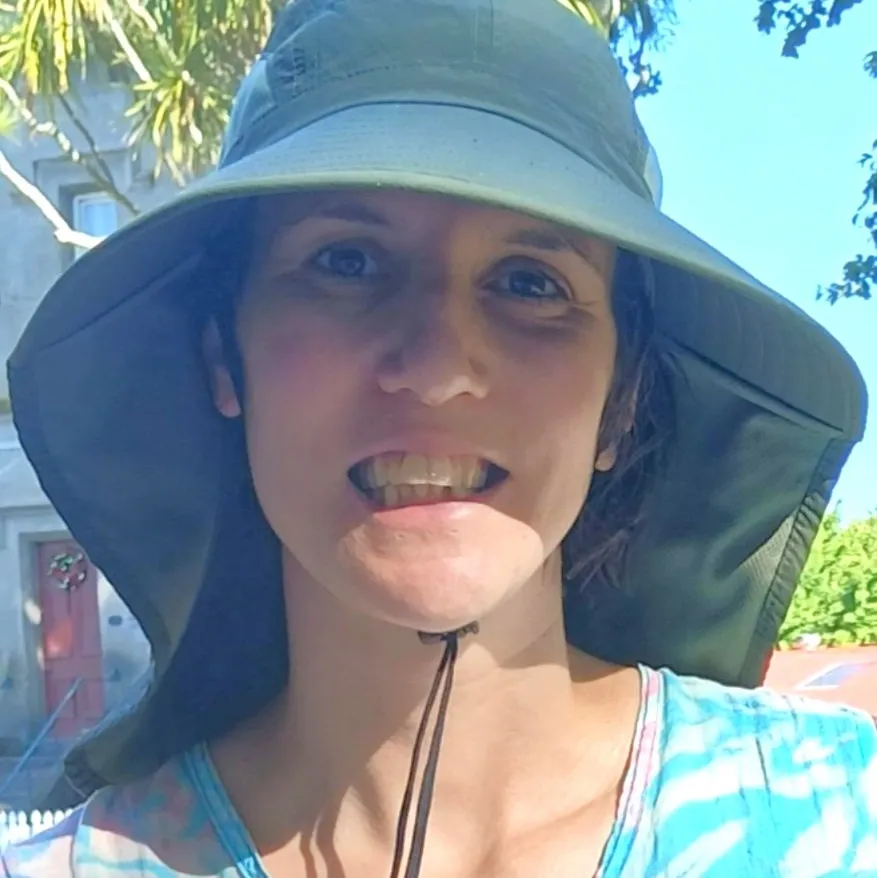
How do I know if my child has PDA?
A child with Pathological Demand Avoidance (PDA), also known as Pervasive Drive for Autonomy, feels extreme resistance to ordinary demands.
PDA is a profile, or collection of traits, under the autism spectrum.
While most people don’t like being told what to do, to a child with PDA, demands can send them into panic mode. They might refuse to get up in the morning, get dressed or eat meals with the rest of the family. At school, they might refuse to do schoolwork, line up with their classmates, get involved in PE or go to assembly. A PDA child may even refuse to do activities they previously loved or suggested.
PDA is not yet included in diagnostic manuals. For parents, this can make it hard to get a diagnosis for your child, but support and recognition for PDA is growing, and there are strategies to help you manage.
The key to responding to PDA behaviour is understanding that it’s caused by debilitating levels of stress and anxiety, which can trigger fight or flight responses. To feel safe, your child may need a high level of control over their environment, the people they’re with, and the activities they do. Your child may desperately want to go to a pre-arranged activity such as a trip to the zoo or a family picnic, but their anxiety and lack of control simply won’t let them.
Some PDA children are good at hiding their anxiety. They may pretend not to hear requests, find excuses to not do things, or even fake injuries or illnesses. If none of these tactics work, they may even have a full-blown anxiety attack, or meltdown.
Remember, these behaviours are all neurologically driven and while they may try to avoid getting out of your demands, your child is not choosing to misbehave. They may be as frustrated and confused as you are and may want your love and approval despite not being able to do the things you ask of them.
On days when their stress levels are lower, your child may happily follow a request that the previous day had triggered a meltdown – but this doesn’t mean compliance is a choice. Factors affecting your child’s anxiety can include how well they slept, whether it’s a school day or not, if they have a cold, how much they trust the person making the request or any unexpected changes to their routine.
Key characteristics of a child with PDA:
- Extreme avoidance of demands, even those relating to activities they enjoy.
- A need for control over friends, family members, activities, and their environment.
- High levels of stress, leading to meltdowns when they become overloaded.
- Sudden mood swings and impulsivity.
- Difficulty understanding and managing emotions.
- An active imagination and fantasy life.
- Obsessive interests in a hobby, object or a particular person or friend.
- Having a surface level of social skills, but difficulty maintaining or initiating friendships.
- Sensory issues such as low tolerance for noise, bright lights and busy environments.
- Developing socially strategic ways of avoiding activities such as negotiating, distracting, ignoring, or having elaborate excuses.
All of these characteristics are not exclusive to children with PDA.
What can I do to support my child?
See our article: Top tips for living with a PDA child
While health professionals disagree on how to classify PDA, it’s important that PDA children get the support and understanding they need as early as possible to grow and thrive. Existing approaches to supporting autistic children are unlikely to work and may even exacerbate their avoidant behaviour.
Remember, PDA characteristics will vary from child to child, but as a parent you’ll know how to make your child feel safe and to meet their needs. You don’t need a diagnosis to change your parenting – you’ll know intuitively if something is or isn’t serving you or your child well.
For more advice, consider joining a PDA support group to meet parents who understand the challenges you face.
If you’d like to know more about PDA, see our other articles below. Alternatively, you can contact the IHC library to chat about what you need on 0800 442 442 or email Librarian@ihc.org.nz
Videos on YouTube
- Understanding Pathological Demand Avoidance with Harry J. Thompson (Neurodiversity Podcast)
- PDA An insider’s perspective (Autistic Minds)
- Laura Kerbey and Harry Thompson talk about PDA (Laura Kerbey)
- Pathological Demand Avoidance (PDA) 101 (Neuroawesome Life)
Helpful websites
Helpful materials
These resources offer guidance for families of children with PDA.
Guidance for parents and carers of children with PDA.
Articles from the IHC Library (available on request or can be viewed online).




